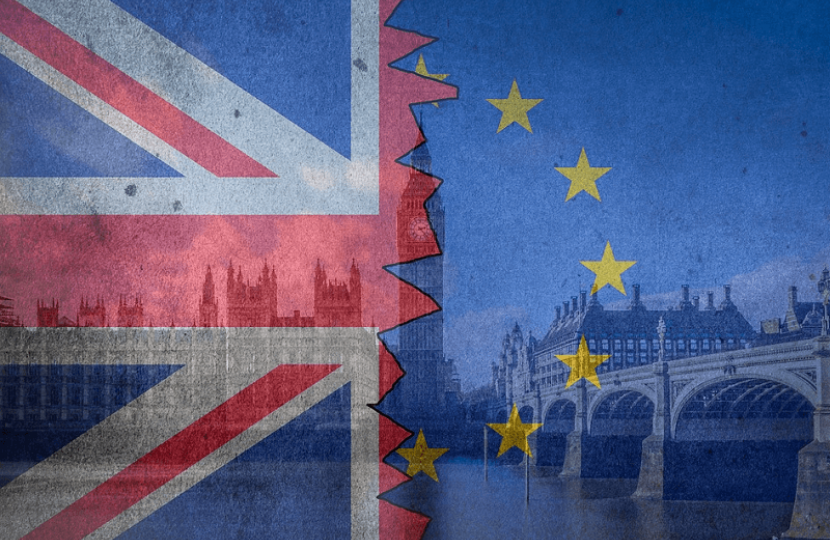
The European Union (Withdrawal) Bill, more commonly known as the Great Repeal Bill, is a Bill to repeal the European Communities Act 1972 and place all EU law brought in over the past 44 years into domestic UK law. That may sound newsworthy, but actually the most interesting thing about the Bill is how mundane it is. But how can a Bill that proclaims the end of the UK’s membership of the EU be mundane?
Firstly, let’s look at what the Bill is not.
The Bill is not a Parliamentary authorisation for the UK to leave the EU. That authorisation came firstly from Parliament via the Referendum Act and then the electorate via the result. For good measure this was later reinforced by the European Union (Notification of Withdrawal) Act 2017. The decision to leave the European Union has already been taken – voting down this Bill cannot reverse that.
This Bill is also not concerned with the final state of what may or may not be negotiated with the remaining European Union. The negotiations are being conducted by the Government and take their authority from the Government’s general election manifesto – where 85 per cent of the electorate voted for parties committed to leaving the EU, Single Market and Customs Union. Parliament legislates and the Government governs. It is not Parliament’s role to negotiate with the EU27 – that would be a bizarre constitutional innovation and certainly not one within the scope of this Bill.
Lastly, this Bill does not attempt to prejudice future UK policy developments. On issues such as social legislation, agriculture and devolution, the Bill freezes the status quo. MPs may have differing views on these issues, but this Bill is not the place to express them.
So what is the Bill? Well, it is a necessary and professional piece of legislation required as a consequence of decisions already taken. It is necessary for the following reasons.
The UK has 44 years’ worth of EU regulation which if removed without any transition would leave a huge gap in UK law. It would be reckless to allow them all to fall on Brexit with no UK substitutes. As there is no time to rewrite 44 years of legislation pre-Brexit, there is no alternative but to transpose existing EU laws into UK law. These will then be placed under the UK Parliament which can, if it wishes, look at and amended them in the future.
Lastly, we will hear a lot about Henry VIII powers. These are necessary in order to amend EU laws that would not work in the UK without changes, i.e. regulations making reference to EU institutions, such as the EU Commission, which will cease to have any jurisdiction in the UK. There is no time to amend each reference in primary legislation; there are 10,000s of regulations and directives that need transferring into UK law, to amend each and every one of them through both Houses of Parliament would take decades. Therefore there is a need to give Ministers the power to correct errors. This is not controversial. The Hansard Society, for instance, has calculated that in the 2015-16 parliamentary session, of the “23 government Bills, 16 contained a total of 96 Henry VIII powers to amend or repeal primary legislation”.
Here are some potential dead ends:
- Vote against the Bill to stop Brexit? This would not stop Brexit. It would, however, stop the transposition of EU law and lead to a Brexit as hard as diamonds. No MP in their right mind would vote down the Bill.
- Vote against the Henry VIII powers? This would either lead to Ministers being unable to amend legislation in time for Brexit, and inevitable legal chaos, or potentially leave anything up to 20,000 EU laws, brought in by the EU’s own Henry VIII power (s.2 of the European Communities Act), being debated in Parliament for the first time. I doubt MPs would enjoy the late nights or thank those who had brought it on them!
The UK is leaving the EU and this Bill is necessary to ensure this happens in an orderly manner.
Slightly amended from original ConHome article: https://www.conservativehome.com/thecolumnists/2017/09/christopher-howarth-the-european-union-withdrawal-bill-is-necessary-but-ultimately-uncontroversial.html
